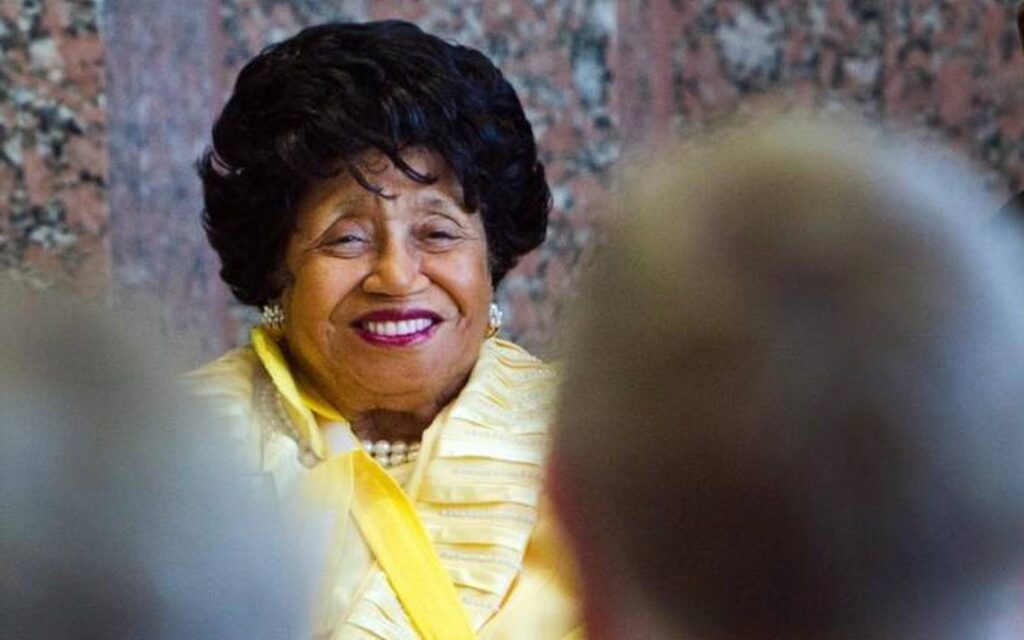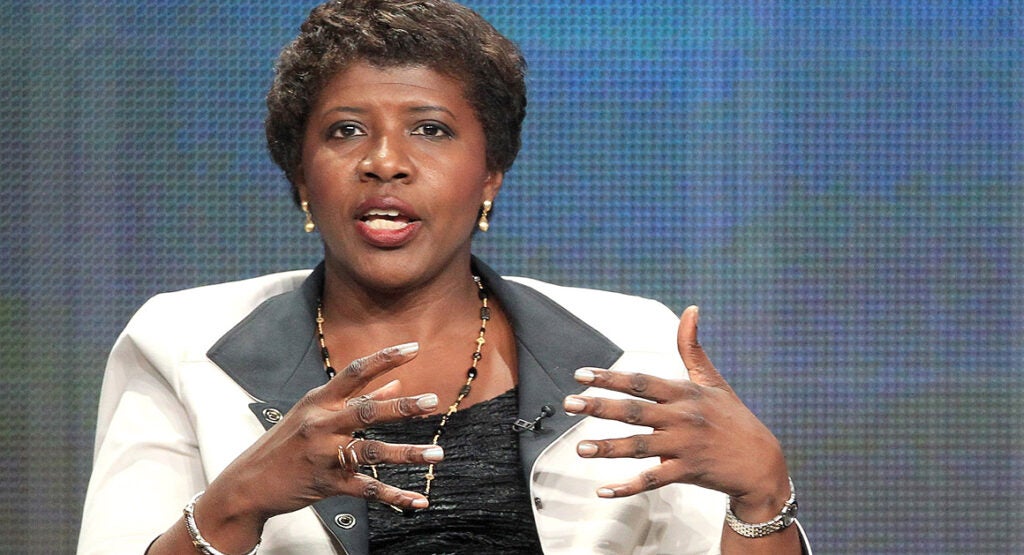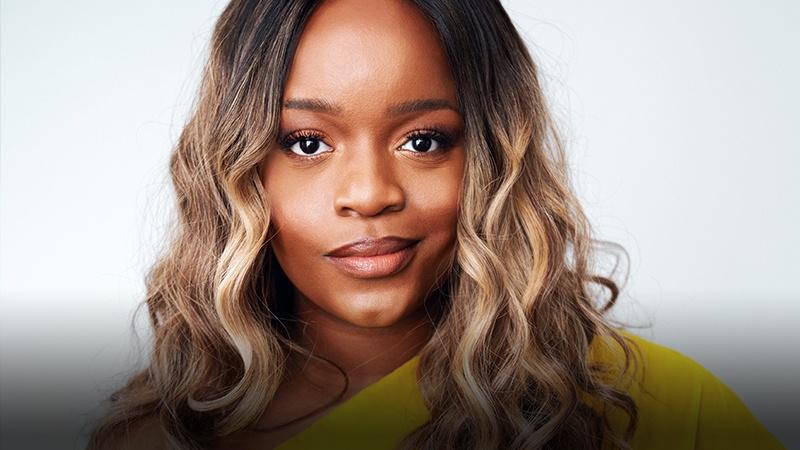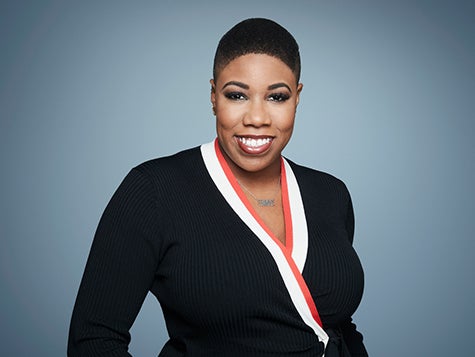Shattering Barriers: The Legacy of Black Women in Public Relations and Communications in Washington D.C.
In the corridors of power and influence in Washington D.C., Black women have played a pivotal role in shaping narratives, driving change, and breaking down barriers for critical initiatives. From the civil rights era to the digital age, these trailblazers have defied the odds, shattered stereotypes, and paved the way for future generations of leaders.
It is also essential to acknowledge the systemic barriers and inequities that persist in the industry: 2022 data by the Bureau of Labor Statistics shows there is still a huge disparity in our industry, as 81.4 percent of public relations specialists identified as white, 12.2 percent as Black, 2.4 percent as Asian, and 11.9 percent as Latino or Hispanic.While countless dynamic black women have shaped the narrative of so many critical efforts on a global scale, here are a few past and present communicators who leave an indelible mark on our industry:
Setting the Stage
Inez Kaiser
Inez Kaiser was born in Kansas but made her mark in Washington D.C. where she became the first black woman in the United States to own a public relations firm, Inez Kaiser & Associates, which she opened in 1957. Some of her clients included 7-Up, Sears & Roebuck, Sterling Drug and Burger King. Inez was also the first African-American to join the Public Relations Society of America (PRSA). Her trailblazing efforts not only challenged the racial and gender norms of the time during Jim Crow laws but also paved the way for greater diversity and inclusion in the industry.

Gwen Ifill
Gwen Ifill a trailblazing journalist and former moderator of PBS's "Washington Week," broke barriers as the first black woman to host a major political talk show on national television. Gwen began her career at the Boston Herald American newspaper as a reporter, as a writer for the Baltimore Evening Sun, and came to D.C. to work as a political reporter for the Washington Post. She worked as a White House correspondent for the New York Times, for NBC News, and as a political respondent for The PBS NewsHour. Her incisive reporting, integrity, and commitment to truth-telling earned her widespread respect and admiration, making her a role model for aspiring journalists and communicators.

Symone Sanders
Symone Sanders is a prominent political commentator and strategist - and 2022 WWPR Woman of the Year keynote speaker - that is known as a powerful voice for social justice and c is a prominent political commentator and strategist - and 2022 WWPR Woman of the Year keynote speaker - who is known as a powerful voice for social justice and change. She started her career as a communications director and officer and later emerged as a force to watch during her time as Bernie Sanders’ national press secretary - the youngest presidential press secretary at 25. At just 31, Symone worked as a senior advisor for President Joe Biden’s presidential campaign and as deputy assistant to the president and senior advisor and chief spokesperson to Vice President Kamala Harris. In addition to her successful political communications career, Symone passionately advocates for juvenile justice and has successfully inspired a younger generation to contribute to discussions on policy.
Brittany Packnett Cunningham
Brittany Packnett Cunningham is a prominent activist serving as vice president of social impact at Black Entertainment Television (BET), is an NBC News and MSNBC political analyst and host of UNDISTRACTED, a news and social justice podcast with the lens of intersectional feminism. Brittany has leveraged her policy, communications, and management acumen across several mediums to inspire cultural change and empower marginalized narratives, serving as President Obama’s Task Fore on 21st Century Policing, co-founding Campaign Zero, and serving on top roles for Teach for America to name a few of her notable contributions. Her tireless efforts have sparked crucial conversations and catalyzed action on issues ranging from police brutality to racial equity.

To name just a few of the trailblazing black women that have bridged connections, amplified voices and brought change to our nation and the very best out of big businesses is just scratching the surface.
It is also essential to acknowledge the systemic barriers and inequities that persist in the industry: 2022 data by the Bureau of Labor Statistics shows there is still a huge disparity in our our industry, as 81.4 percent of public relations specialists identified as white, 12.2 percent as Black, 2.4 percent as Asian, and 11.9 percent as Latino or Hispanic. Diverse backgrounds in leadership positions, especially in communications, are critical to ensure the advancement of underrepresented groups and the entities they represent in a positive, inclusive and effective direction.
WWPR is proud to represent so many dynamic, intelligent and innovative women that are leading some of the most important campaigns and efforts reaching across the country and globally from here in our nation’s capital. Together, we look forward to honoring the immense contributions by our members and leaders of our industry and are committed to building a more inclusive and equitable future.
